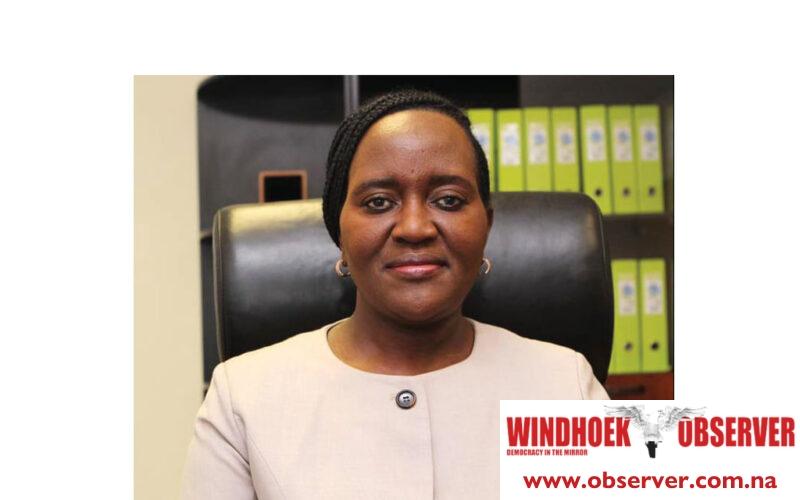Niël Terblanché
South Africa is still battling an avian influenza outbreak and as a result, Namibia has put up measures to prevent the disease from spreading to local poultry farms.
In an official notification on Sunday, Albertina Shilongo, the chief veterinary officer at the Directorate of Veterinary Services in the Ministry of Agriculture, Water and Land Reform, announced the resumption of limited imports of poultry and poultry products from the country’s southern neighbour.
“It should be noted that only poultry meat derived from live poultry originating from bio-secure poultry farms as listed by the Veterinary Authority of South Africa will be permitted to be imported into Namibia,” Shilongo said.
The import of poultry products from South Africa was halted in September last year, when the highly pathogenic avian influenza (HPAI) was first diagnosed to protect Namibia’s poultry industry.
The restrictions included the importation of live poultry, birds, and poultry products from South Africa due to an alarming surge in cases at poultry farms there.
At the time, the Directorate of Veterinary Services announced that the ban would remain in place “until further notice,” following the identification of two strains of avian influenza in South Africa, the well-known H5N1 and a newer strain, H7N6.
These strains have caused significant disruptions, including the loss of nearly two million chickens and financial damages amounting to over N$100 million.
Despite South Africa being Namibia’s preferred supplier due to proximity and established trade relations, the directorate stressed the need to act swiftly to protect the local poultry sector.
Namibia also imports poultry from Europe and South America, which might now see an increase in demand due to the suspension.
In response to the outbreak, South Africa has highlighted the importance of bio-secure poultry farms.
Stringent biosecurity measures, such as controlled access, regular health monitoring, and strict hygiene protocols, are part of the design of these farms to minimise the risk of disease transmission.
The virus has severely affected the South African poultry industry, which is now focusing on these bio-secure farms to ensure production continuity and reassure international trade partners of the safety of their poultry products.
Bio-secure farms operate under the principle of “compartmentalization,” where farms are isolated from external threats and managed under strict veterinary supervision.
This approach not only helps in containing outbreaks but also in maintaining a stable supply chain.
Shilongo said Namibia’s decision to resume poultry imports from South Africa is contingent upon these products originating from certified bio-secure farms, as confirmed by the South African veterinary authority.
Last year, media reports stated that the avian influenza outbreak in South Africa is part of a larger, unprecedented global trend of year-round cases, which experts describe as the largest outbreak ever observed.
Al Jazeera reported that the situation has raised public health concerns, especially as H5N1 has been increasingly infecting mammals, leading to fears of potential human transmission.
Shilongo also said that importers who might need assistance are welcome to contact the directorate’s veterinary import office for more information.




